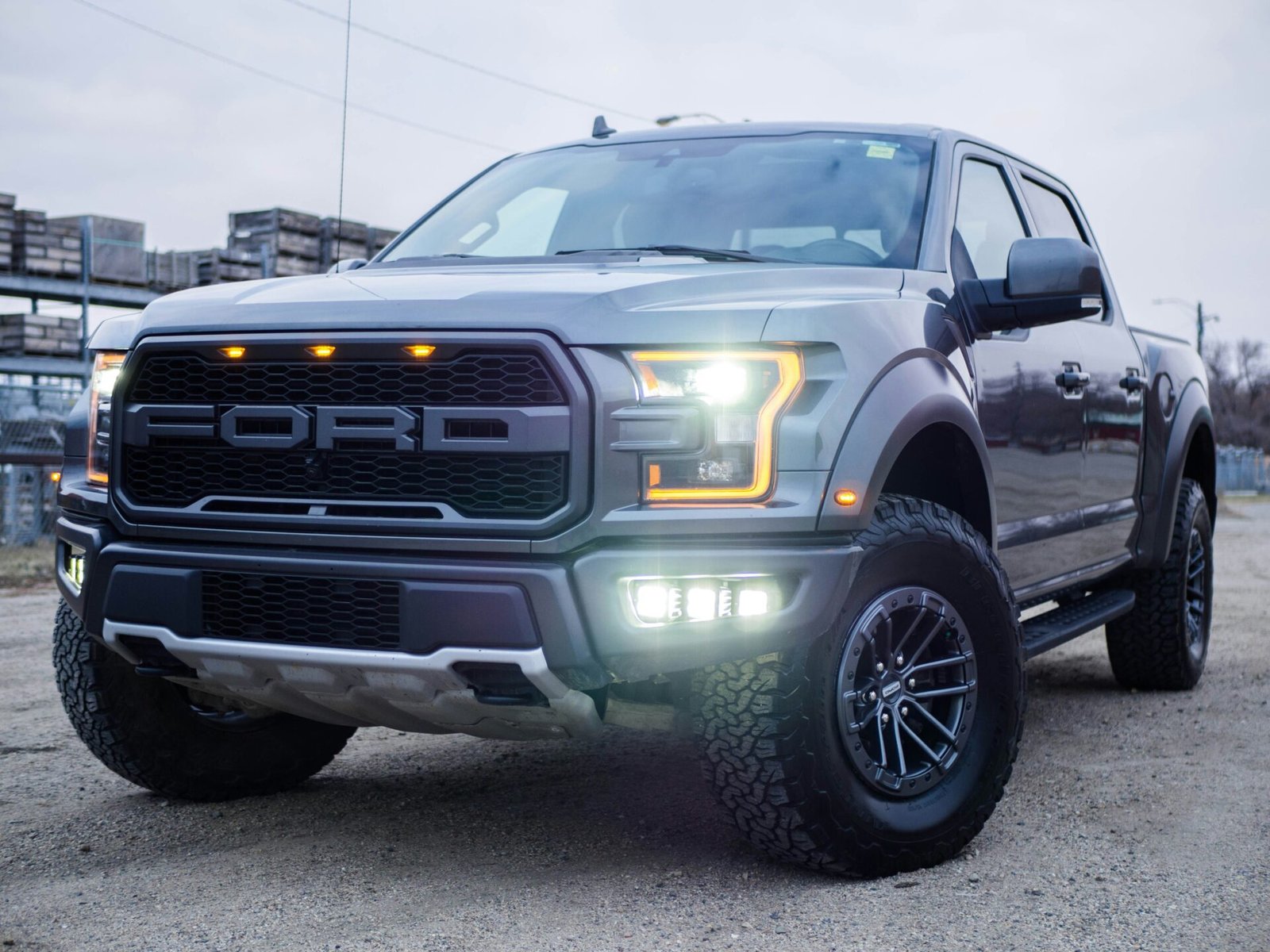Recently, Tesla has made significant strides in the development of self-driving cars, with CEO Elon Musk expressing confidence in the potential of their Full Self Driving software. In previous calls, Musk hinted that other auto makers were considering licensing this groundbreaking technology. However, as of today’s call, no one has yet licensed Tesla’s Full Self Driving software.
Tesla’s commitment to self-driving technology is a bold move that has the potential to revolutionize the automotive industry. With the rise of electric vehicles and the increasing demand for autonomous features, Tesla is positioning itself as a leader in this rapidly evolving market.
The Full Self Driving Software
Tesla’s Full Self Driving software is an advanced system that utilizes artificial intelligence and machine learning algorithms to enable vehicles to navigate and make decisions on their own. This software has undergone rigorous testing and continuous improvement to ensure its reliability and safety.
By leveraging a network of sensors, cameras, and radar, Tesla’s self-driving cars can analyze their surroundings, detect obstacles, and make real-time decisions to navigate through complex traffic scenarios. The Full Self Driving software is designed to handle a wide range of driving conditions, including highway driving, city streets, and even parking.
Licensing Potential
Elon Musk has expressed openness to licensing Tesla’s Full Self Driving software to other auto makers. This move could potentially generate additional revenue for Tesla while also accelerating the adoption of self-driving technology across the industry. However, despite the interest from other companies, no licensing agreements have been made thus far.
It is important to note that licensing such a groundbreaking technology involves complex negotiations and considerations. Intellectual property rights, safety regulations, and liability issues are just a few of the factors that need to be carefully addressed. As a result, it is not surprising that the licensing process may take time to finalize.
The Impact on the Automotive Industry
Tesla’s commitment to self-driving technology has far-reaching implications for the automotive industry. The widespread adoption of self-driving cars has the potential to transform transportation as we know it.
Firstly, self-driving cars can significantly improve road safety by reducing human error, which is responsible for the majority of accidents. With advanced sensors and algorithms, self-driving cars can react faster and more accurately to potential hazards, potentially saving thousands of lives each year.
Secondly, self-driving cars can enhance transportation efficiency and reduce congestion. With the ability to communicate with each other and optimize routes, self-driving cars can navigate traffic more intelligently, reducing travel times and easing congestion on busy roads.
Lastly, self-driving cars have the potential to increase accessibility and mobility for individuals who are unable to drive, such as the elderly or disabled. By providing a safe and reliable transportation option, self-driving cars can improve the quality of life for many individuals and communities.
The Road Ahead
While Tesla’s Full Self Driving software shows great promise, there are still challenges that need to be overcome before self-driving cars become a common sight on our roads. Safety, regulatory frameworks, and public acceptance are just a few of the hurdles that need to be addressed.
However, Tesla’s commitment to self-driving technology and their ongoing efforts to improve their Full Self Driving software are clear indications that the future of autonomous vehicles is approaching rapidly. As more companies invest in self-driving technology and regulations evolve to accommodate this new frontier, we can expect to see significant advancements in the coming years.
In conclusion, Tesla’s bet on self-driving cars and their Full Self Driving software is a game-changer in the automotive industry. While no one has licensed the technology yet, the potential for collaboration and the transformative impact of self-driving cars cannot be overlooked. As the industry continues to evolve, it is clear that self-driving technology will play a major role in shaping the future of transportation.



Be First to Comment